
A conversation with Barry Freedman, President & CEO of Einstein Healthcare Network
Earlier this month, Freedman visited the AL DÍA Newsroom for a CEO roundtable discussion.
Since 2003, Barry Freedman has served as President and CEO of Einstein Healthcare Network (EHN), an organization with a long and detailed history in providing medical services to the people of the Philadelphia area. Originally founded under the name "The Jewish Hospital," EHN celebrated its 150th anniversary in 2016.
Freedman has been in the medical field for 45 years. Prior to his work with EHN, the New York native began his career as a consultant before joining Mount Sinai Hospital in New York City, where he served for 25 years, eventually becoming that organization’s President and CEO.
Under Freedman’s leadership, EHN has continued to expand its presence and services throughout the region, including the development of Einstein Medical Centers in Elkins Park and Montgomery County, the latter of which replaced the financially troubled Montgomery Hospital in Norristown, saving about 1,000 jobs from that facility while creating hundreds of new ones, Freedman said.
Freedman, who was named CEO of the Year by Philadelphia Business Journal in 2012, sat down with AL DÍA News to discuss EHN’s mission, serving the Latino community, and the qualities that have helped to make him a success in his field.
(This conversation has been edited for brevity and clarity.)
What is the mission of Einstein Healthcare Network?
In 1866, when the first hospital opened, it was done so for a very specific reason. I think it was a consequence of the philosophy of the time that hospitals would be built to care for their communities, and the Jewish community didn’t have any such hospital to care for it. There were two problems with that: the Jewish patients had difficulty finding a place to go, and Jewish doctors were not being given a chance to train in the institution.
What impressed me most about the history of Einstein was that, for the founders, one of their credos was that they would care for anybody regardless of race, religion, and ethnicity, and regardless of their ability to pay, because the founders had felt as though they were part of an ostracized and vulnerable population. They didn’t want others to feel that way. That mission has really stayed with Einstein until this day.
The second important part of our mission is training the healthcare professionals of tomorrow. So we train roughly 3,500 healthcare students every year. We do about a thousand student rotations, somewhere between 1,000 and 1,200 that are medical students from the variety of medical schools here. We train students from Jefferson. We train students from Temple. We train students from Drexel. We train students from PCOM (Philadelphia College of Osteopathic Medicine). So we are training a lot of medical students.
In what ways does EHN serve the Latino community in the Philadelphia area, including neighborhoods in Norristown and North Philadelphia?
When we opened Einstein Medical Center Montgomery in East Norriton, we kept across the street from the old Montgomery Hospital in Norristown a medical office building so that the residents of Norristown can have access to medical services. Then, should they require hospitalization, they are able to use Einstein Medical Center Montgomery, which is within five miles. We also have the Genuardi Family Foundation Maternal Health Center, a clinic for prenatal and obstetric services, which is important for the residents of Norristown.
At the Norristown location, we have one of our large primary practice settings. Overall in Montgomery County, we probably have about a 6 percent Latino population, and 45 percent of the family practice in Norristown is Latino. At our Broad Street office, 13 percent of our population is Latino.
We have some specialized programs. For Latino women, a particular problem is cardiovascular disease, so we have a full array of services focused on women’s health. We’re trying to do even more women’s health with some expansion programs that we’re currently planning.
RELATED CONTENT
Because a lot of our Latino population isn’t fluent in English, we bring in interpreters that speak Spanish. We conduct close to 25,000 interpretations a year.
We also have a sizable Hispanic population of physicians, which is good. Actually, our Chief Medical Officer of MossRehab, Alberto Esquenazi, who grew up in Mexico City, is internationally known because of the work he has done in Chile and South America in particular.
In Norristown, where there’s poverty, we built on the top floor of our medical office building a food garden so we can provide fresh produce to patients in need. We are doing that at our Broad Street location as well. While the program is not specific to Latinos, they will be able to access it along with other people who don’t have the economic means to necessarily buy fresh produce and eat healthily. There’s a serious problem in vulnerable populations with food insecurity, so it’s a step in trying to address that.
You were named CEO of the year in 2012 by the Philadelphia Business Journal for your role in overseeing thousands of employees in a large network of facilities. What are the qualities and skills that you’ve developed personally that allow you to succeed at that level?
First of all, I believe in participative management and I believe in a process that engages all elements of the organization in decision-making. So as an example, when we worked on the strategic plan, we had more than 150 people in the institution involved: the board, physicians, nurses, executives. A broad array of people.
I think participatory management makes people feel as though they have a say in what’s being developed and what’s happening. I think I’m a good listener. My wife tells me otherwise. [laughs] I think I’m a good listener in the workplace and I think that’s very important. I think allowing people to understand what we want to do and giving them the authority to do so is also important.
Perhaps because I came up through the consulting route, I’m a very, very data-driven individual, and I made our organization more data-driven. I think that results in both an objectivity as well as a concreteness, which is really important in making big decisions where you’re making big investments so they’re really well thought out and well-studied. I think those are some of the characteristics of my style that work well.
My position is a very nice position to be in because, at the end of the day, I get the final decision. I do it with a lot of input, but people may not always be happy with the decision. What I promised, as an example, my executives and chair leadership is this: you will never hear of a decision that is made by our organization and endorsed by me without first having had the opportunity to discuss it and provide input. I will listen. And listening doesn’t mean agreeing with you, it means hearing you. I will always hear what you have to say before we do something, and you will always be provided with an explanation and basis as to why we came to the decision we came to.
I think this approach has created a mutual respect in the organization, which makes it easier for people to run into combat with me, if you will.


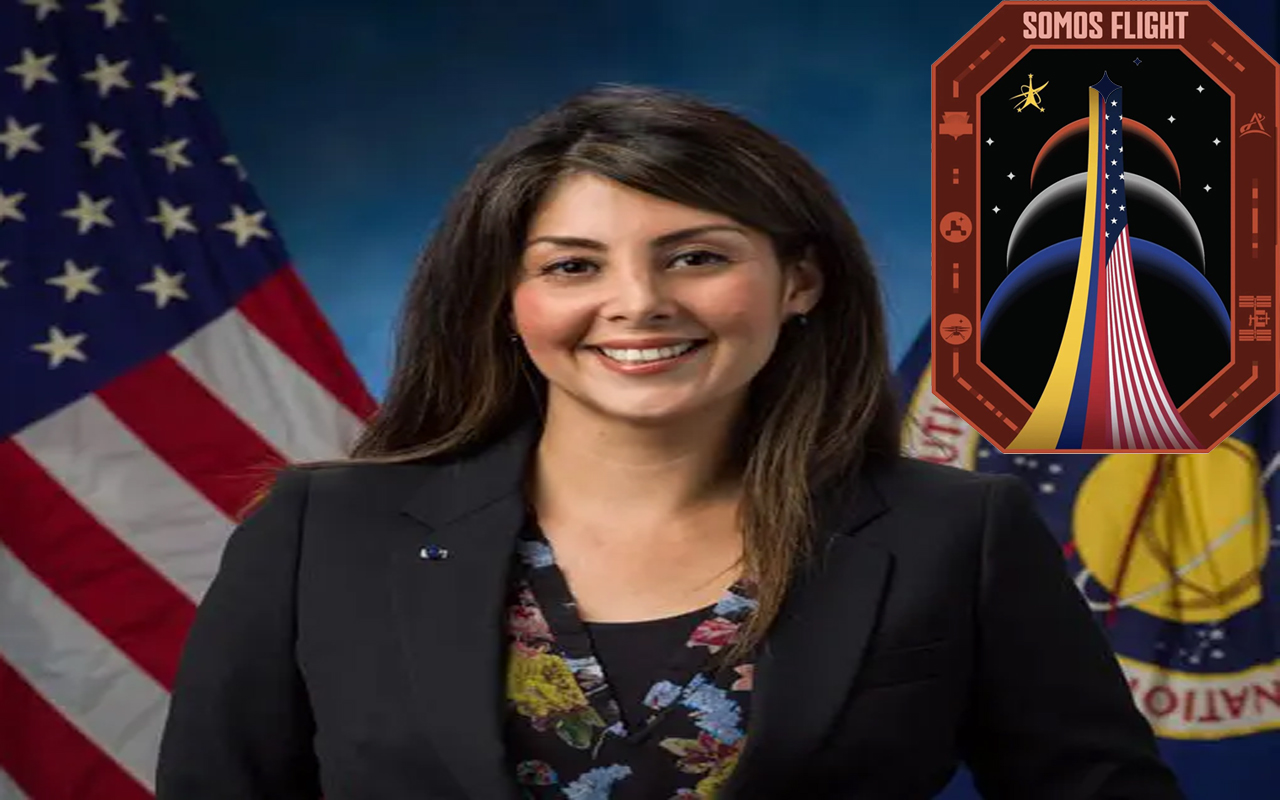
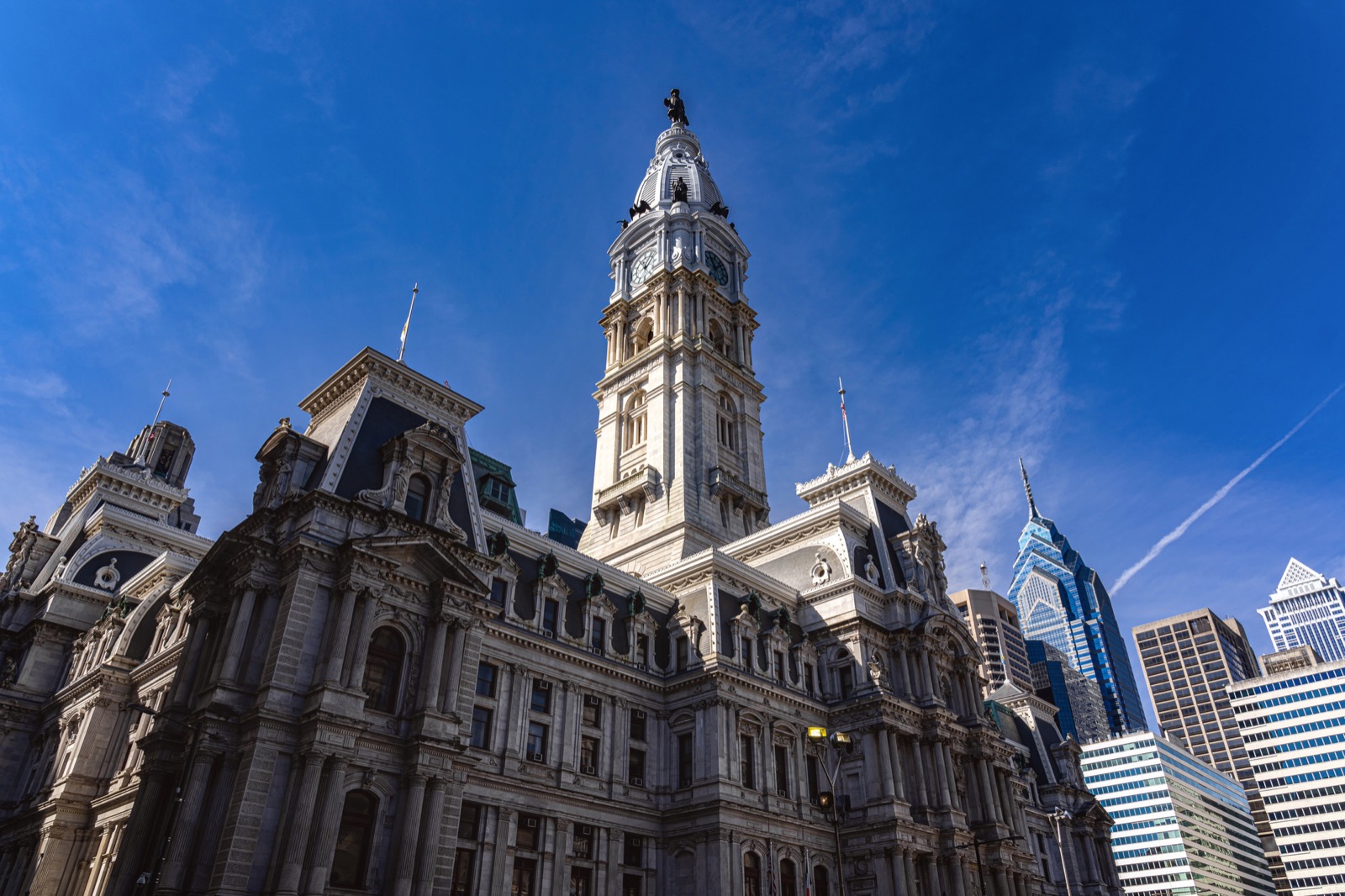
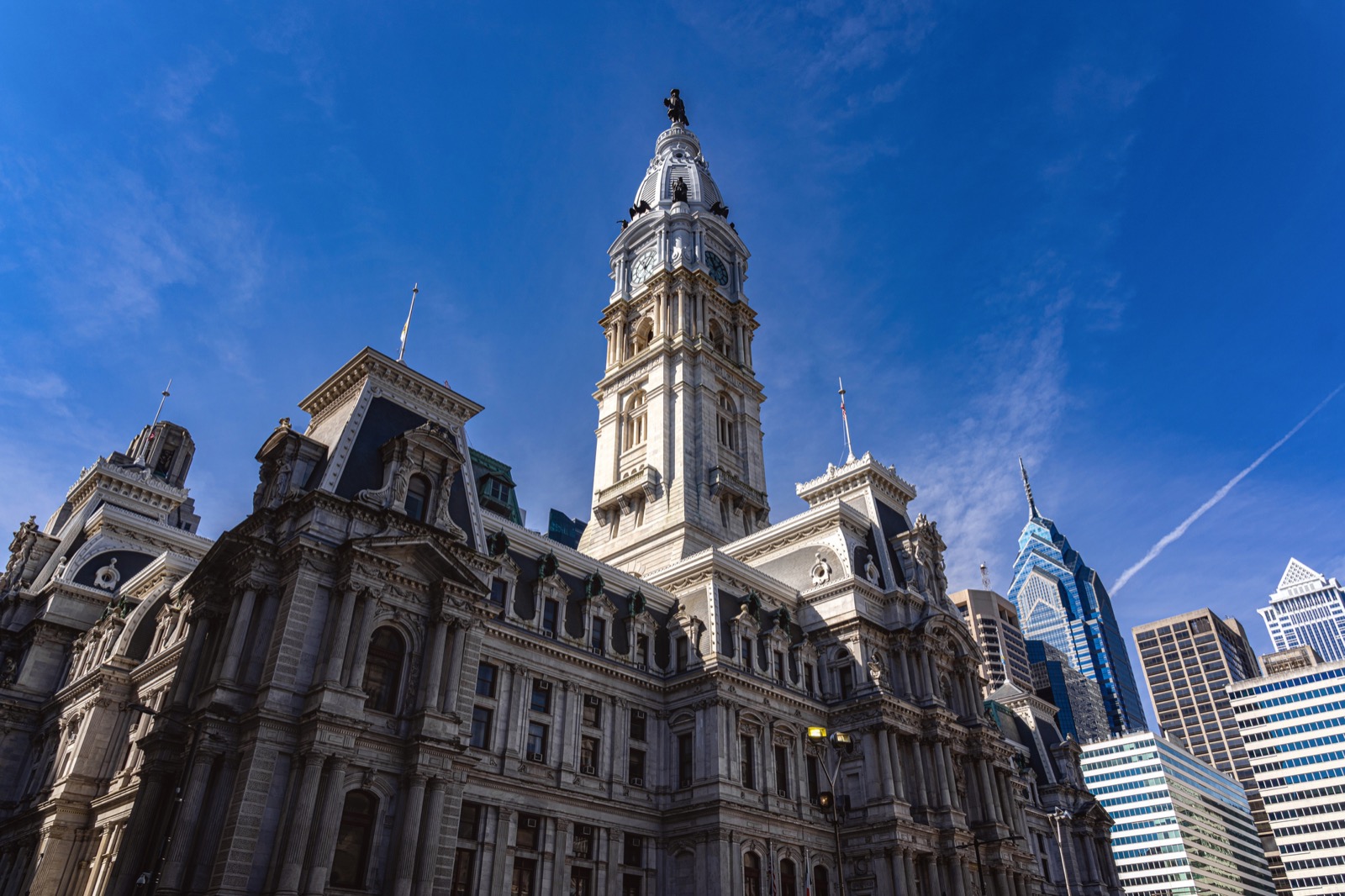




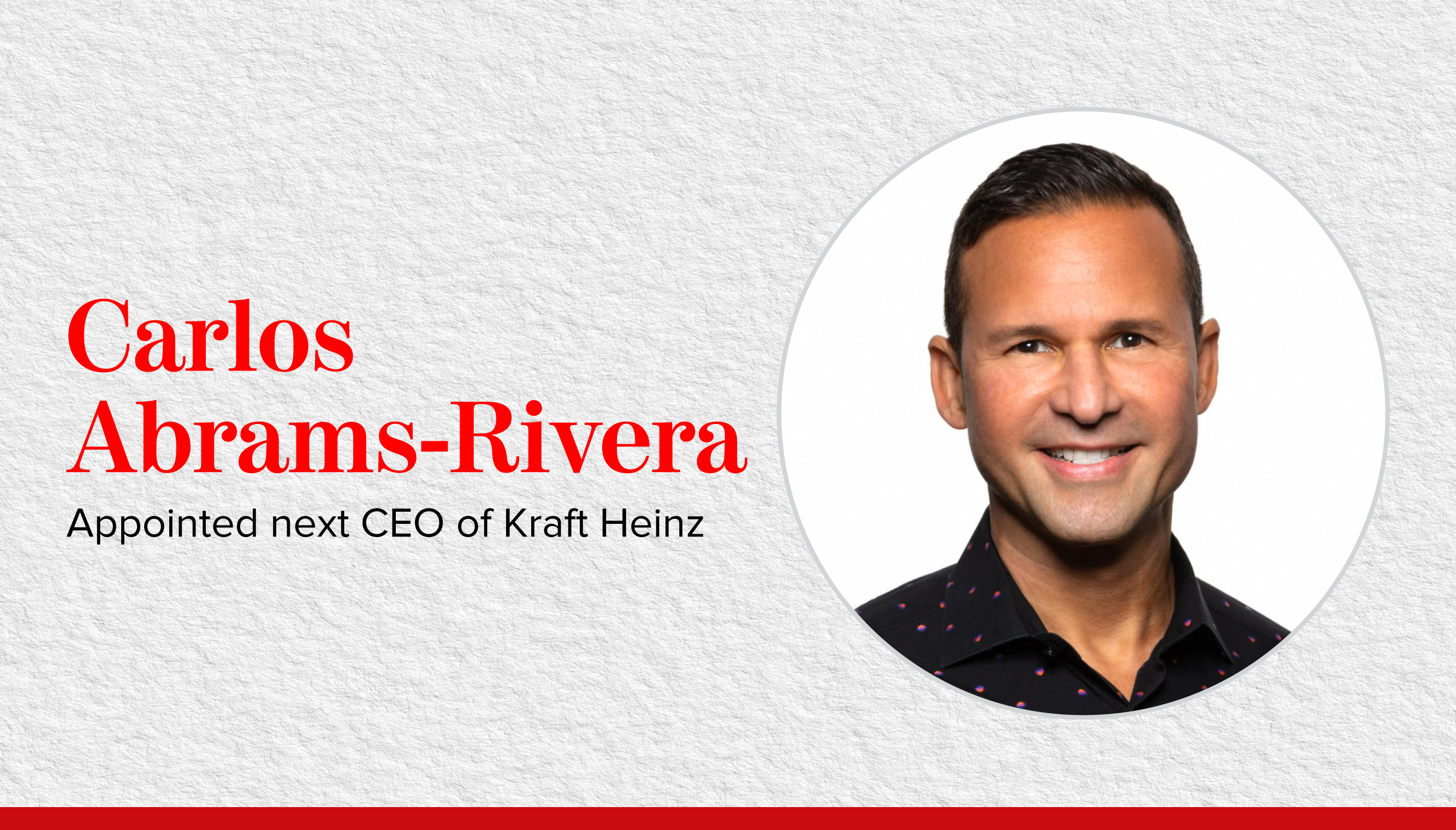
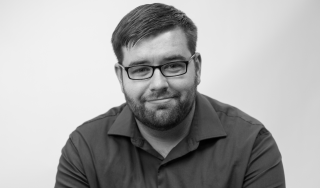
LEAVE A COMMENT:
Join the discussion! Leave a comment.